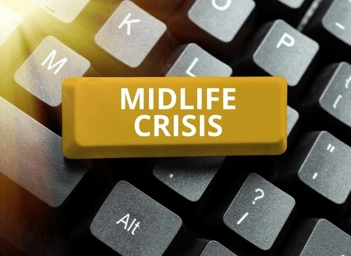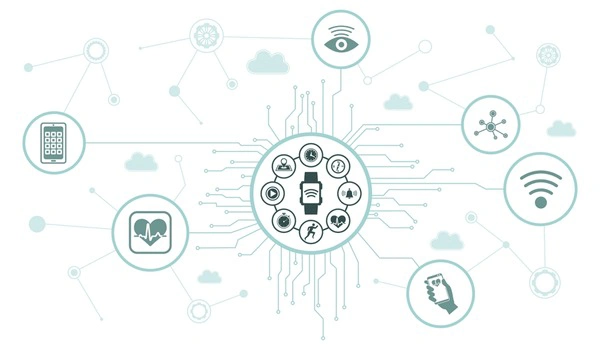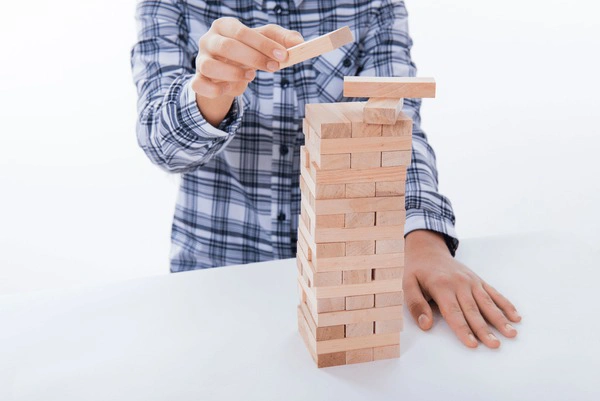
Harnessing the Power of Social Connections for Better Mental Health
Strong social connections are vital for mental well-being, offering emotional resilience and stress reduction. Engaging in community activities and building supportive networks can significantly enhance a sense of belonging and purpose, especially for adults with low educational backgrounds. By fostering these connections, individuals can buffer against mental health challenges and improve overall quality of life.
Emma Hartfield
14/11/2024 - 7 months ago

The Importance of Social Connections
In our fast-paced world, it's easy to overlook the significance of social connections. However, research has consistently shown that strong social connections are linked to better mental health outcomes. People who maintain supportive relationships often experience lower levels of stress, which in turn enhances their emotional resilience.
Psychologists agree that social interaction is a fundamental human need. Just like food and water, humans thrive on connection and community. Without these interactions, individuals might find themselves feeling isolated, which can lead to anxiety and depression over time. It’s not just about having people around; it’s about meaningful engagement.
For adults with low educational backgrounds, fostering these connections can be particularly beneficial. Engaging in community activities, joining clubs, or even participating in local events can provide opportunities to build supportive networks. These interactions not only boost mental health but also enhance a sense of belonging and purpose.
- Read Also: The Role of Psychology in Smart Investing
Social Support as a Buffer
Social support acts as a buffer against mental health challenges. When faced with life's inevitable stresses, having a network of friends or family can provide emotional support and practical advice. This support system can be crucial for navigating difficult times and maintaining mental well-being.
Studies indicate that people with strong social ties are more likely to recover from setbacks. This is because they have access to a network that can offer diverse perspectives and solutions. In contrast, those lacking support may struggle to cope and feel overwhelmed by their circumstances.
Experts advocate for community engagement as a means to promote mental well-being. By joining community groups, individuals can meet like-minded people and build lasting relationships. This not only provides a support network but also encourages personal growth and development.
Practical Steps to Build Connections
Building social connections doesn’t have to be daunting. Start small by reaching out to friends or neighbors. Even a simple conversation can open doors to deeper relationships. Volunteering is another excellent way to meet people and contribute positively to your community.
Consider joining local clubs or groups that align with your interests. Whether it’s a book club, sports team, or hobby group, shared interests can serve as a foundation for strong friendships. This shared experience fosters a sense of belonging and can significantly improve mental health.
Lastly, don’t hesitate to seek out professional support if needed. Therapists and counselors can provide guidance on building social skills and overcoming barriers to connection. Remember, it's never too late to start building a supportive network that can enhance your mental health.


















